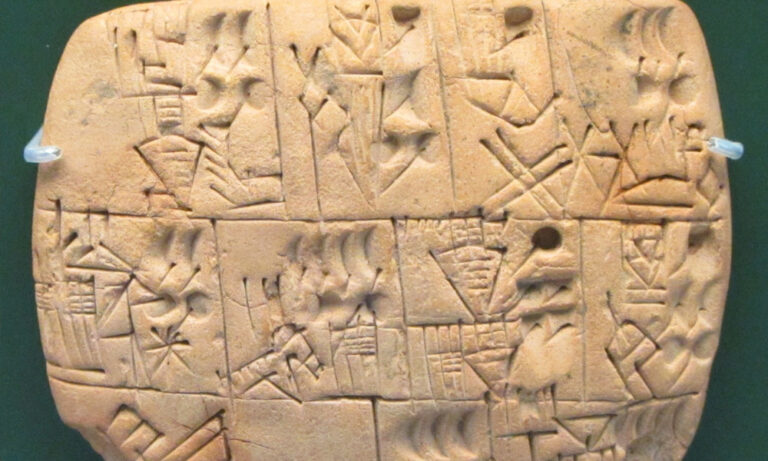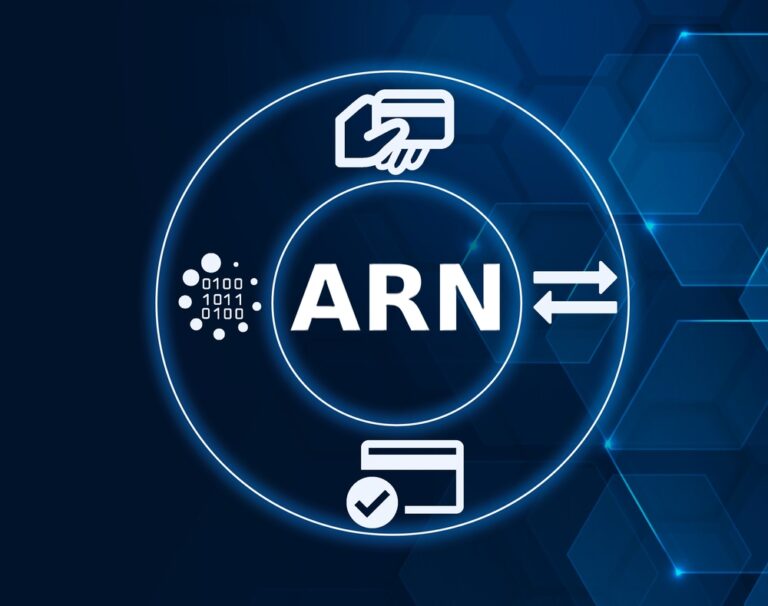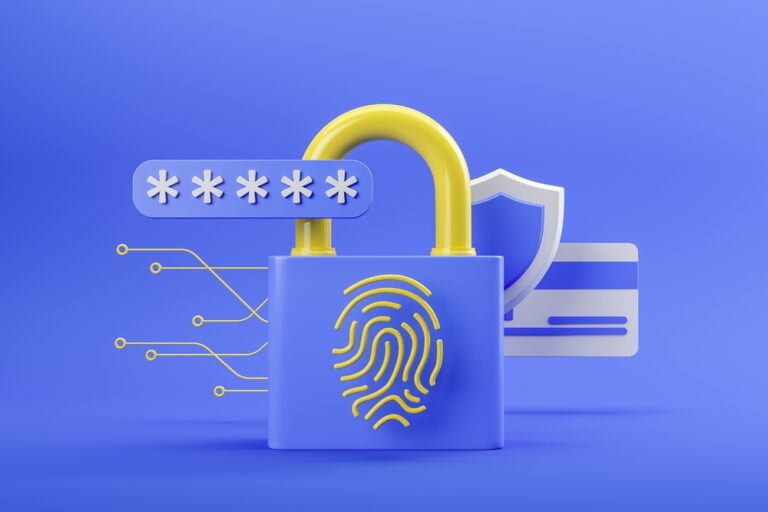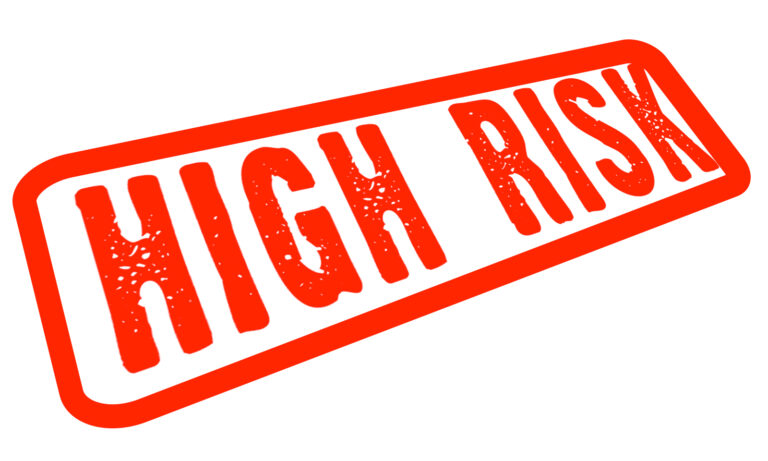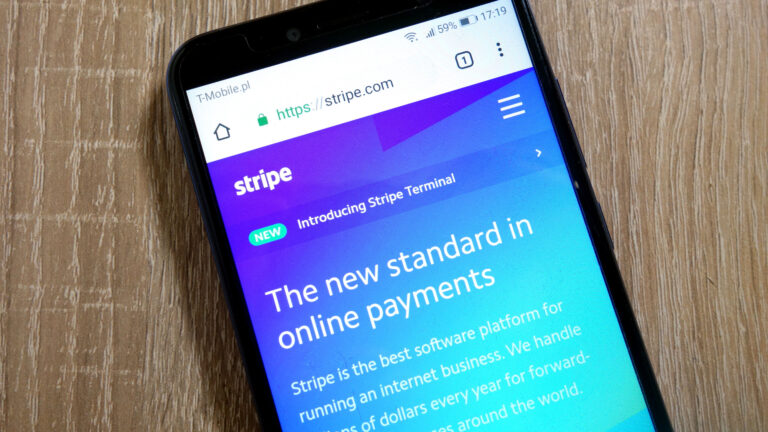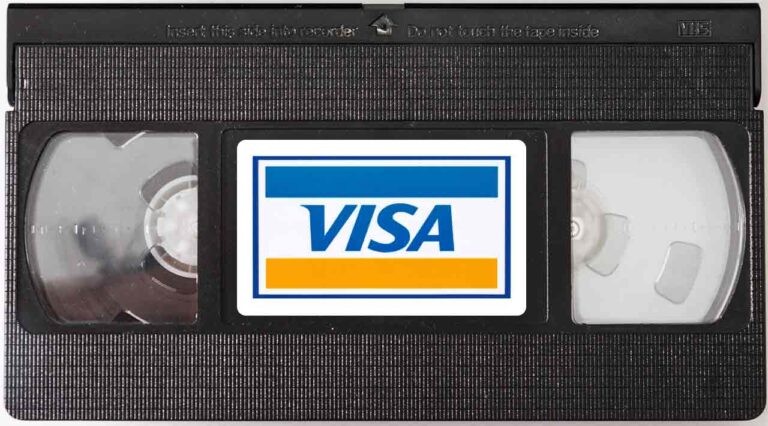Issuer, Acquirer, or Network? The Banks Explained
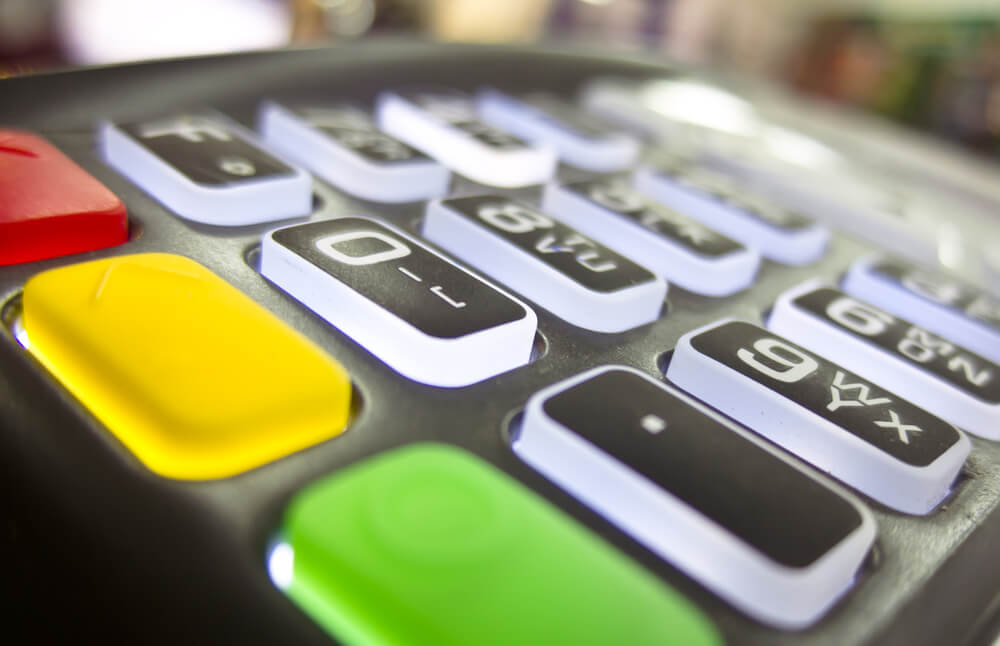
Here’s a deeper look at the different roles banks play in a transaction. It’s also important to know how the card networks fit into this process. There’s the issuing bank, which issues the payment card to the consumer. There’s the credit card network that authorizes the issuer to distribute their cards. And then there is the acquiring bank that receives the funds from a transaction for the merchant.
Issuer
The issuing bank (issuer) is the consumer’s bank. It’s the bank that issues the card used by the consumer to make purchases. In the transaction process, the issuing bank manages the authorization of a purchase; they authenticate that the card used belongs to the cardholder and that they have sufficient funds or credit for it. The also set interest rates for credit cards, rewards and benefits, and transaction fees like overdraft charges and credit limits. Most importantly to merchants, they handle the customer service for disputes and initiate chargebacks.
Acquirer
The Acquiring bank (acquirer) is the merchant’s bank. It’s the home of the merchant account that acquires the funds from the cardholder when they make a purchase. Acquirers sign merchants up with the various card schemes to process Visa, MasterCard, etc. They may also provide merchants access to card payment processors and gateways which they have relationships with.
Credit Card Networks
Credit card networks or “card schemes” connect the dots between the issuer and acquirer. Specifically, there are non-bank networks like Visa and MasterCard. Then there are networks like American Express and Discover, which also function as issuing banks. The networks authorize the funds to travel from consumer to merchant via the processor. Together, they set the PCI compliance standards which merchants, issuers and acquirers must meet in transactions. Networks also set the interchange fees merchants pay per transaction. They decide where their cards are accepted. Non-bank networks decide who can issue their cards, while bank networks issue them directly. The networks also contract with agents, ISOs (Visa) and MSPs (Mastercard) which set merchants up with payment processing capabilities, point-of-sale (POS) terminals and other merchant services.
Everything Starts with Acquiring Banks
An acquiring bank is a financial institution that receives payments on behalf of a merchant, made by using a credit or debit card. It maintains the merchant’s bank account.
Acquiring banks act as a middleman in every transaction made with credit or debit cards. They are involved in every transaction between a merchant and a buyer. They’re the destination of the funds for every credit card transaction and the departure point of funds removed by chargebacks.
How to get most out of your acquiring bank
Everything starts with a contract — it enables merchants to process credit and debit card transactions, whether its card-present (customer is in-store) or card-not-present (customer is online of over the phone). Based on that contract, the acquirer authorizes the merchant to receive payments and connects credit card processors on the merchant’s behalf.
The acquirer takes the risk that the merchant will remain solvent, and accepts the responsibility for payment processing. If a merchant goes bankrupt, it is up to the acquiring bank to resolve all the chargebacks and refunds. The acquirer hedges that risk with fees to cover their investment in the merchant. So it behooves the merchant to mitigate the acquirer’s risk, lest they pay the increased fines and fees. Ensuring your gateway is PCI-compliant, and managing your fraud and chargebacks will go a long way to save on the higher costs of high-risk processing.
Issuing Bank’s Role
An issuing bank, or issuer, is a term used for a financial institution that offers payment cards to consumers (credit cards, debit cards, prepaid cards). Well-known credit card associations are Visa, MasterCard, American Express, Diners Club, China UnionPay, Discover, Indian Rupay, and Japan Credit Bureau.
The data sent by the issuing bank to the card network is crucial — it’s used to determine whether the customer transaction will be accepted or rejected. The issuer provides information if there’s enough balance to cover the costs of the purchase. Essentially, the issuing bank approves the acquiring bank and the sale is completed.
An issuing bank is an important element since it is one of the parties involved in transaction disputes. These banks issue chargebacks and their reason codes and make the final call in the claim for the chargeback. An issuing bank is also responsible for raising or lowering the limit on the card or blocking the account if necessary.
Acquiring Bank vs. Issuing Bank — the Connection in the Payment Process
As you can see, one without the other can’t exist and can’t work properly. Acquiring a bank is the key factor in the whole process; without them not a single transaction would be finalized. That does not mean the bank can single-handedly complete every transaction.
Acquiring bank authorizes transactions, but needs an issuer to confirm that your credit card is valid and that the purchase can be completed. That creates a well-oiled mechanism that should work perfectly every time someone buys something from you or you purchase something with your credit card.
We hope that you have a better understanding of determining what is an acquiring bank, what is an issuing bank, and what the differences are between the two.
Both represent key factors in payment processing. There are no picking sides in this duel, none of the two is better than the other; they’re like apples and oranges. Both are crucial parts of the transaction process that wouldn’t work without the other.
If you have further questions about this and similar topics, feel free to reach out to our team.
At ChargebackHelp, we are happy to answer all your questions regarding issuers and acquirers. While our specialty is chargeback management and representment, we also have extensive experience and relationships with both issuers and acquirers. If you have any questions, shoot us an email, or go old-school and call us 1.800.975.9905


